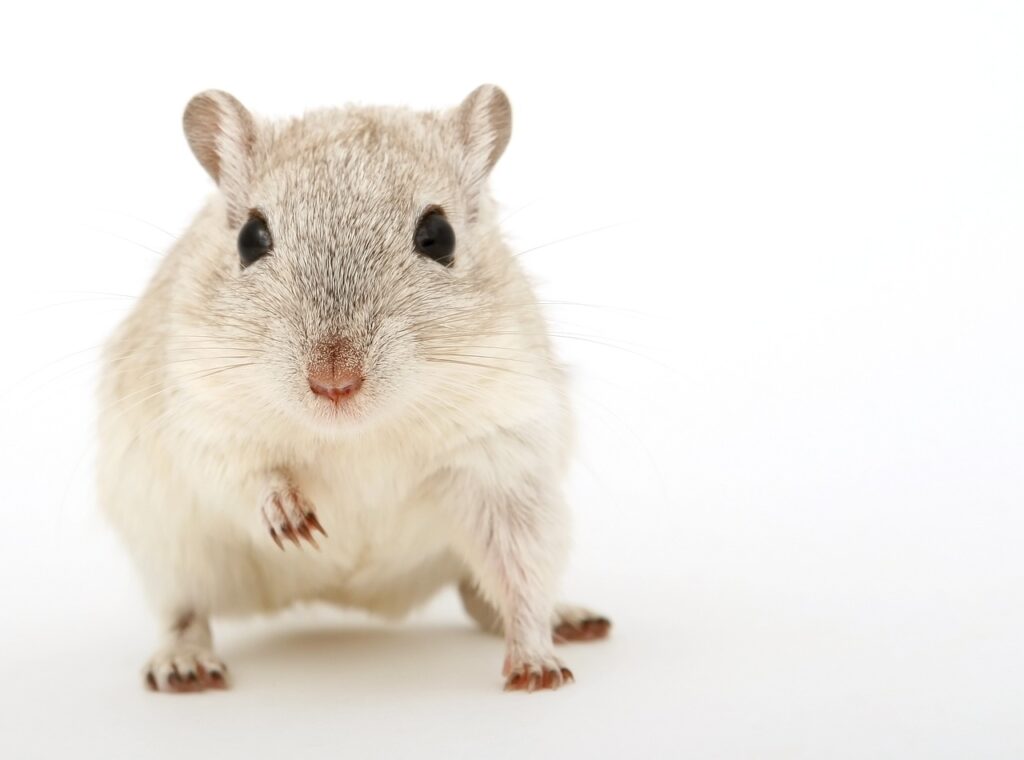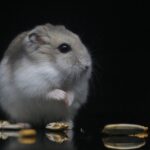Can Hamsters Eat Almonds?
As a responsible pet owner, it’s crucial to be well-informed about the dietary requirements of your furry friends. When it comes to hamsters, their tiny size and unique digestive system make certain foods potentially harmful to their health. One such food is almonds. While almonds may be a healthy snack for humans, they are not recommended for hamsters due to several reasons.
Potential Dangers of Almonds for Hamsters
Almonds pose a considerable risk to the well-being of hamsters. Firstly, these nuts have a high fat content, making them unsuitable for the tiny digestive systems of hamsters. Excessive fat consumption can lead to obesity and other related health problems, such as diabetes and heart disease.
Moreover, almonds contain phosphorus, which can disrupt the delicate calcium-phosphorus balance necessary for a hamster’s bone health. A diet abundant in phosphorus-rich foods like almonds can lead to weakened bones and dental issues, which can significantly impact a hamster’s overall quality of life.
Another concern is the potential choking hazard that almonds pose for hamsters. Due to their small size, hamsters may struggle to chew almonds properly, leading to choking or blockage in their digestive tract. This can result in severe discomfort and pose a life-threatening situation for your adorable little companion.
Reactions and Symptoms after Consuming Almonds
If a hamster happens to ingest almonds, they may experience various symptoms and reactions. These can range from mild to severe, depending on the individual hamster’s sensitivity. Common signs include diarrhea, stomach pain, bloating, and a reduced appetite. In more severe cases, almond consumption may lead to pancreatitis or even a life-threatening condition called gastric torsion.
Safer Food Options for Hamsters
Fortunately, there are plenty of alternative food options that are safer and more suitable for hamsters. Opt for hamster-friendly treats like small pieces of fresh fruits and vegetables, such as carrots, apples, or cucumbers. These provide essential vitamins and minerals without the potential dangers associated with almonds. Additionally, commercially available hamster pellets and fortified seeds are designed specifically to meet the nutritional needs of these small pets.
Tips for Preventing Access to Almonds
To ensure the well-being of your hamster, it is crucial to take preventive measures to keep almonds and other unsuitable foods out of their reach. Store almonds and other nuts securely in airtight containers that your hamster cannot open or access. Additionally, be cautious when offering snacks or treats to your pet, ensuring they are hamster-safe and free from any harmful ingredients.
Conclusion
In conclusion, almonds are not a recommended food for hamsters. The potential dangers, including high fat content, disruption of calcium-phosphorus balance, and choking hazards, make it essential to keep almonds away from your furry friend’s diet. Instead, focus on providing them with a balanced and hamster-friendly diet that includes fresh fruits, vegetables, and specially formulated hamster pellets. By prioritizing their nutritional needs, you can ensure a long, healthy, and happy life for your beloved hamster.






